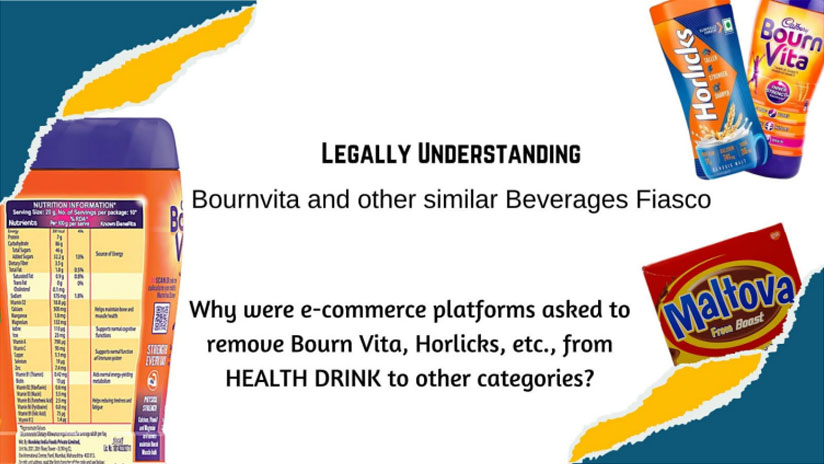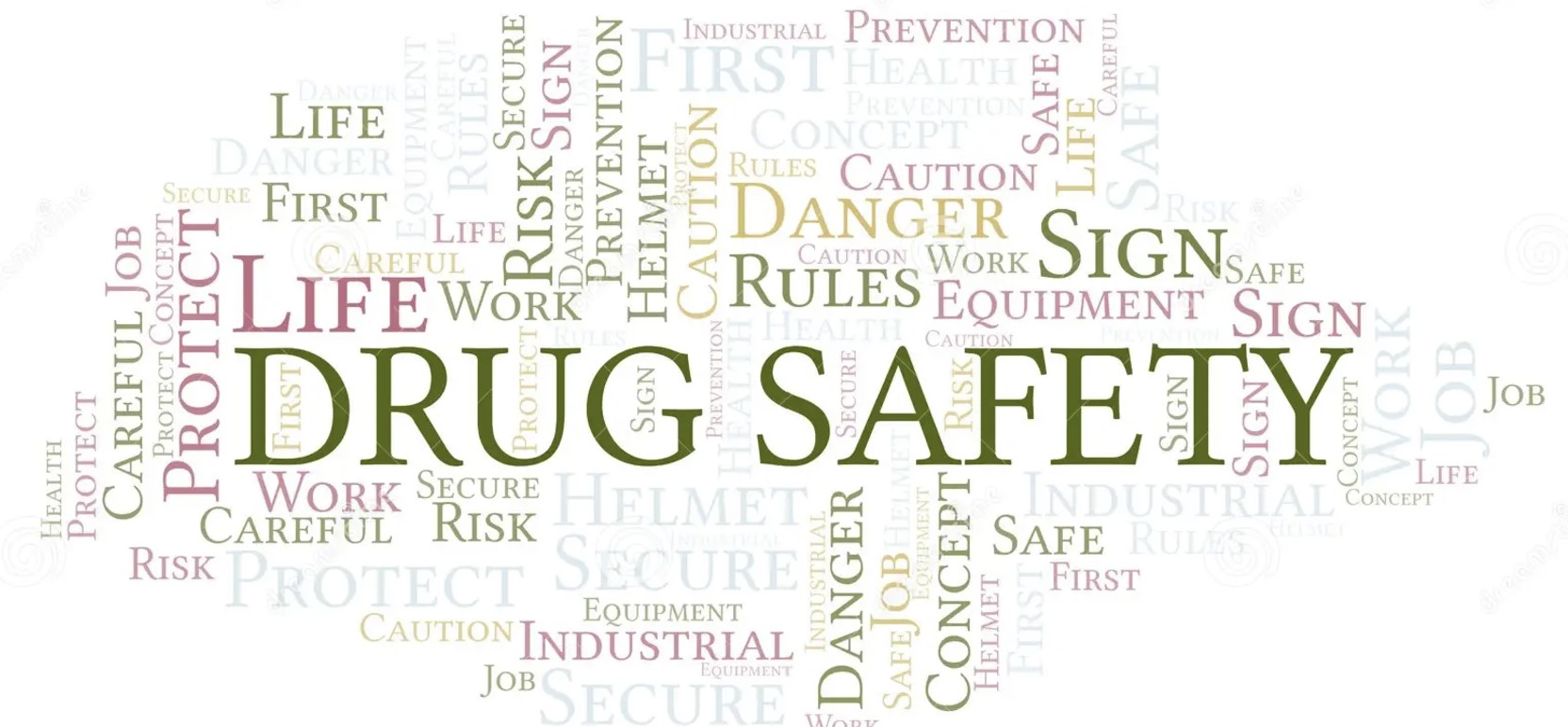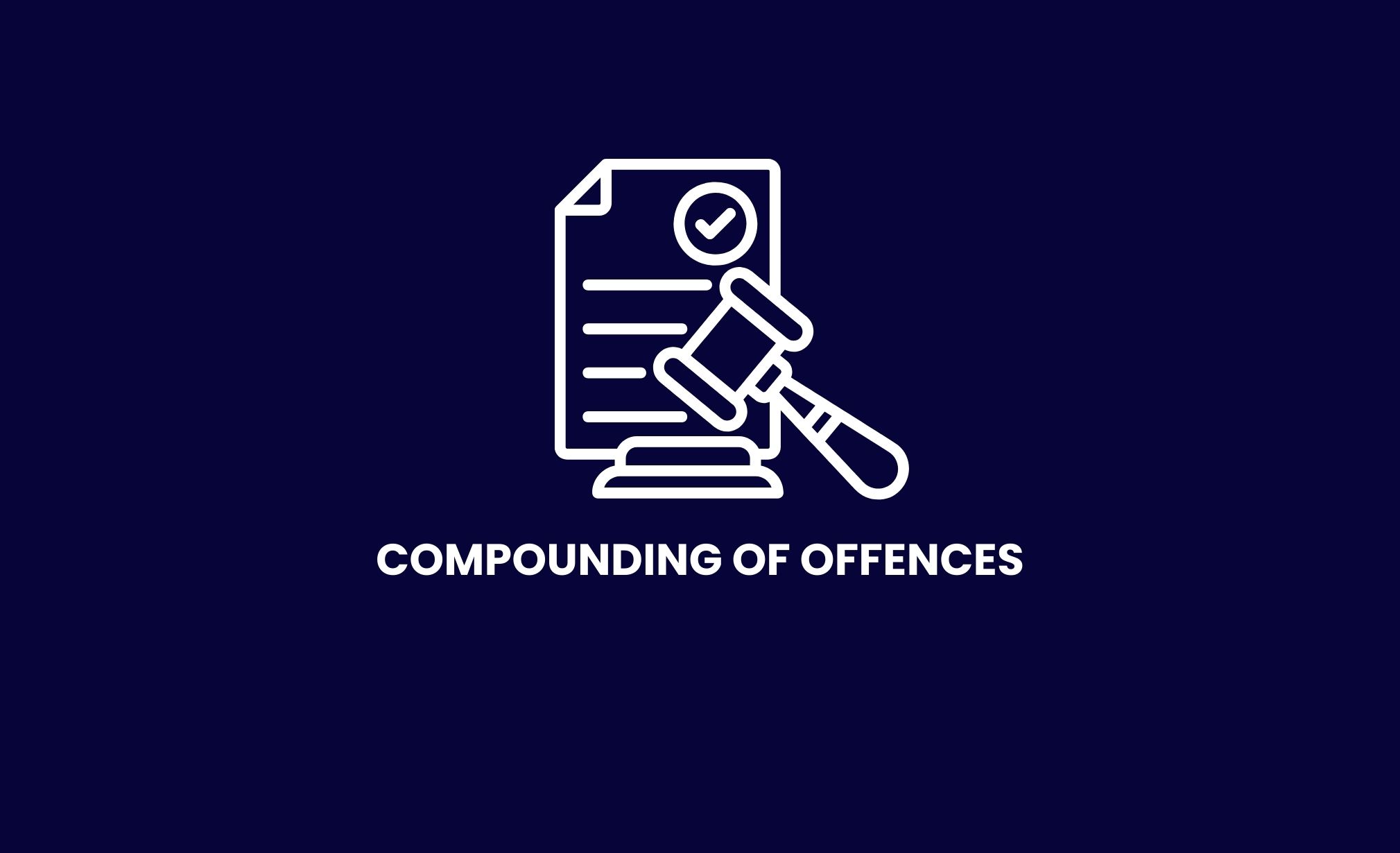FSS Act 2016 provides for a Food Category System (FCS) under Appendix- A to FSS (Food Product Standards and Food Additives) Regulations 2011 for the classification of food
items into broad categories. One such category
is:
14.0 Beverages, excluding dairy products:
14.1.4. Water-based flavored drinks, including sports, energy or electrolyte drinks and articulated drinks.
14.1.4.1 Carbonated water-based flavored drinks
This category of Food Items is permitted to be sold under the Category of ENERGY drinks. The standards for these drinks are provided
under sub-regulation 2.10.6 (2) of the FSS (Food Product Standards and Food Additives) Regulations 2011.
It came to light that certain food products licensed
under 'Proprietary Food',
such as Dairy-Based Beverage
Mixes, Cereal-Based Beverage
Mixes, or Malt-Based Beverages, like Bournvita, etc., are being sold as Health Drinks and Energy Drinks on E-commerce
websites. This misclassification misleads consumers into believing these products offer
health benefits
when they might not, as if the product falls under FCS 14.1.4 (supra).
The National Commission for Protection of Child Rights (NCPCR), a statutory authority with a mandate to protect and promote child rights, conducted an inquiry under Section 14 of the CPCR Act, 2005, concerning the
promotion of products for children on e- commerce platforms and other mediums. The inquiry concluded that
“there is no Health Drink category that is defined under
FSS Act 2006 and Rules and regulations made thereunder and
objected to such categorisation as ‘Health Drink’. The
NCPCR raised this issue with the Ministry of Commerce
and the Food Safety and Standard Authority, advising them to take curative measures.
On 28 March 2024, vide RCD-15001/12/2023-Regulatory-FSSAI-Part(1), FSSAIi issued a significant
advisory to all e-commerce food business operators (without naming any brand). This advisory
highlighted the issue of products licensed under ‘Proprietary Food’
nearest to dairy, cereal, or malt-based beverage mixes
being marketed as 'health drinks' or
'energy drinks' on e-commerce platforms. This misleading practice
was brought to light, emphasizing the potential harm it could cause to consumers' health perceptions. [Ref:
Brands like Bournvita, Maltova, and Horlicks, which have been promoted as health drinks].
Consequently, The Ministry of Commerce, vide its letter dated 10.04.2024ii, also issued a letter to all e-commerce Companies as an
Advisory to remove drinks/beverages, including Bourn vita, from the Health Drinks category from their sites/platforms.
This incident emphasises the importance of clear and
transparent food labelling regulations to protect consumers from misleading claims. It also underscores the role of
regulatory bodies like the NCPCR and the Ministry
of Commerce and Industry in ensuring
fair practices in the food industry.
Conclusion:
Reading between the lines of the FSSAI advisory, brands like Maltova and Horlicks shall be categorised under FCS 1.0- Dairy products and analogues, excluding products of food categories 2.0.; Bournvita
should be categorised under FCS 5.0.-Confectionery, including Chocolate
products.
In any case, FSSAI's proactive action, consequent on
NCPCR's flagging of the wrong categorisation, has created another dimension to protecting children's interests that may also be considered
a consumer protection action in disguise for betterment. NCPCR has done
commendable work and started a movement to protect consumers' rights. Moreover,
this incident could also raise awareness among consumers about the importance of critically evaluating marketing
claims and making informed choices based on accurate information. It emphasises the need for consumers to be vigilant
and not solely rely on labels
or advertisements when deciding what to purchase.
Overall, this case reminds us of the ongoing challenges in regulating the food industry and ensuring consumer protection. It underscores the need for continuous monitoring,
transparent regulations, and active enforcement to create a fair and
transparent marketplace for all
stakeholders. With the need
of the hour, the consumer must
purchase products wisely and do some research by reading labels carefully and doing some basic
research so that they will not be taken for a ride. Packaged
Products form an essential
and integral part of life, and small caution by the consumer
at their level will make sea
changes.
i RCD-15001/12/2023-Regulatory-FSSAI-Part(1), FSSAI
ii Ministry of Commerce advisory dated 10.04.2024.
*Images used in the banner are only for illustrative purposes and are not intended to notified.









